
I recently heard that I could register my vehicle as farm equipment and get a tax break. Do you know if that’s true? That’s what the doctor asked me while making conversation after learning I was an accountant. I told him that I was not a CPA and therefore not qualified to give tax advice. He continued anyway. He had his eye on an Audi. Another doctor friend had told him if he bought a full-sized SUV, that because of the weight of the vehicle, it could be classified as farm equipment in order to save on taxes. That was news to me, and while I was skeptical about the legality of this method, it seemed like a terrible idea with or without it. I told him as much.

That sounds like one of those things that’s supposed to save you money, but ends up costing you much more. Whatever tax break you get, it’s only because you dropped a huge chunk of money on a brand new luxury SUV. Surely you’d come out ahead by choosing a cheaper car, tax break or not. But he dismissed that idea without a second thought and I was in no position to keep pressing the matter. My manhood was currently exposed to the world and he was working it. I was getting a vasectomy.
It’s not all that strange for me to feel like an outsider after interactions with other people when the subject of spending money is involved. I have been laser-focused on saving money for a long time now. It can be hard for me to snap out of that frugal mindset and realize that not everyone cares about saving the majority of their paycheck or getting the most value for their dollar. My new doctor friend probably thought I was the weird one. After all, who goes through all the effort to become a doctor only to live like an ordinary middle class nobody? The conventional choice is to spend money in proportion to your income. On a doctor’s salary, he can certainly afford any vehicle he desires. Doing otherwise makes me the odd one, not him. And he’s not wrong.
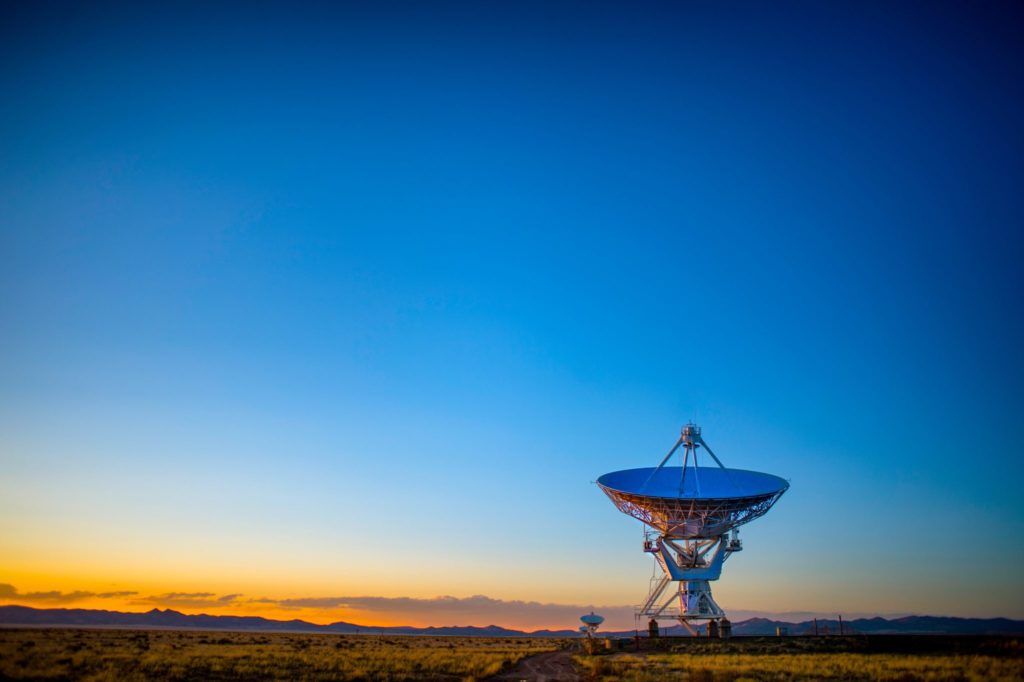
Not only are we planning to live an unconventional lifestyle in retirement, we have also made some uncommon choices leading up to that. Since we don’t earn doctor wages, or even six figures, these choices were the main factors that gave us the option to abandon our corporate jobs in our early 40s. While luck did play a part, there’s no substitute for intentional lifestyle design and conscious decision making.
Intentional Lifestyle Choices
We have no kids. This is the foundation that many of our other choices hinged upon, but this decision was made long before we even knew early retirement was a thing. So while we have definitely reaped the benefits, especially financially, the decision was not made with FIRE in mind. It’s just not something that either of us had the desire to do. For whatever reason, we lack the biological urge to pass our genes onto the next generation. While that might mean that there’s something wrong with us, you have to play the hand you’re dealt. We’re definitely happy with this choice and as mentioned above, there’s no going back now.

We rented cheap apartments. Since we didn’t need to worry about school systems or extra bedrooms, we’ve been able to rent inexpensive apartments our whole adult lives. In the areas of the country where we’ve lived it’s more beneficial to rent instead of buy, especially for the durations we stayed. Considering that housing is normally the biggest line item on any budget, reducing that cost results in major savings. We’ve never been that picky about needing certain amenities and I certainly don’t dream of spending my Saturdays mowing grass or painting walls. In fact, I’m betting that our years of living in these cheap places will serve us well for when we start traversing the world. Much of the planet does not have the luxury housing that we have here in the US, but since we’ve avoided that here, we won’t even know what we’re missing when living abroad.
We minimized our car expenses. Katie and I have been living together for close to 20 years now, and in that time we’ve always shared one car. Most of the time one of us had access to public transit. For the last 5 years, I’ve been bike commuting full time. Our cheap apartment is currently centrally located between our jobs, meaning that both of our commutes are only about 4 miles. On the weekends, we do our best to run our errands and do our grocery shopping by bike or on foot. Because we don’t drive much, we’re able to buy used cars for cheap and keep them running a long time. We haven’t had a car payment in a decade. And soon, we won’t even own a car at all. No more oil changes or check engine lights to worry about. Eliminating the car completely is one of the things I’m most looking forward to.
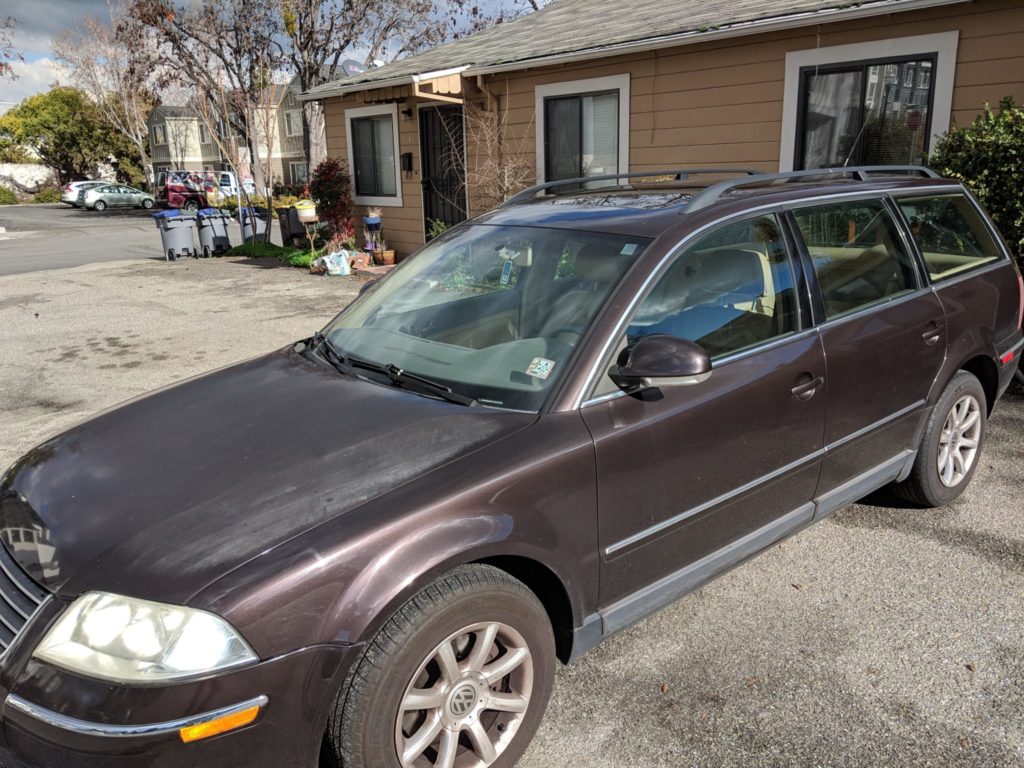
We use our kitchen. Both of us enjoy cooking. Katie could probably compete on one of those master chef TV shows and I feel like I can hold my own. We weren’t always this good, but we worked up to it. Once you swear off take out and restaurant meals, it’s inevitable that your kitchen skills will improve. In fact, we’ve gotten so good at it and are able to tailor our meals to fit our own tastes, it’s not uncommon for us to be disappointed with our dishes at restaurants. It doesn’t take too many times of dropping $100 on meal that you could’ve made better at home to stop wasting that money. And that’s only one meal! For $100, we can basically eat for a whole week.
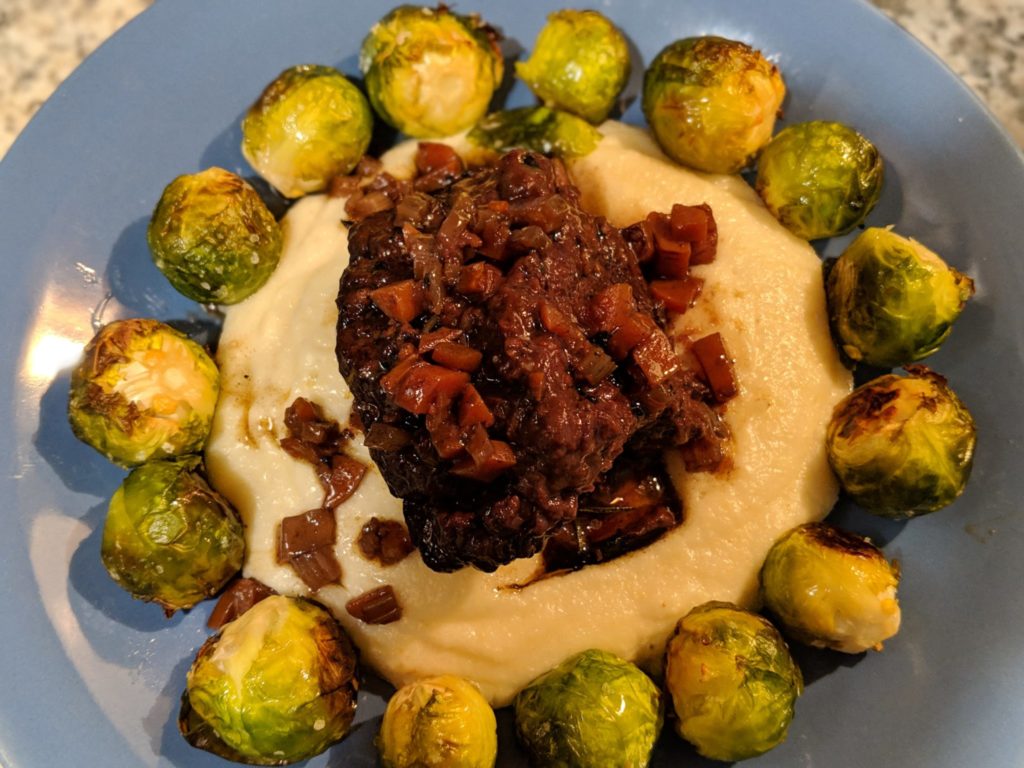
We started investing early and we never stopped. From our very first paychecks at our first professional jobs, we were contributing to our 401ks. It was not much money back then, but it was a start. Then with every raise, we increased our contributions. While we didn’t really have a grasp on early retirement back then, especially not this early, we both independently decided that it was the responsible decision. And once we did learn about the achievability of early retirement, we turned our saving and investing up to eleven (more on that below). This coincided with our peak earning years and a bull market, allowing our portfolio take off like a rocket ship. What also helped immensely is that we didn’t waver during the Great Financial Crash. We avoided the widespread panic that had everyone screaming to sell everything, which would’ve locked in our losses. It was not always pleasant, but we closed our eyes, gritted our teeth, and kept adding to our stockpile. That could not have worked out better.

I don’t consider any of the above actions to be all that extreme. We may have pushed the boundaries more than most people, but these choices aren’t that strange in and of themselves. Plenty of people aren’t interested in having children. Reducing housing and transportation costs is a common way to save money. Cooking at home is the default for most households, at least for the majority of meals. And nearly everyone with access to a 401k makes a contribution, even if it’s just to get the free money from their employer match. While it’s rare to find people that choose all of these things like we do, individually there’s nothing crazy here. Yet.
Turning it up to Eleven
I commute to work by bike year round. Whether it’s 40 degrees and pouring rain or 105 with relentless sun, I’m riding my bike to work. Granted, it doesn’t snow here in Silicon Valley, but even if it did, I’d probably still ride. It’s a point of pride at this point. I ride every single day. Everyone thinks I’ve got a screw loose for riding all winter in the rain, but I can say with complete honesty that it’s pretty fun. Plus I kind of feel like a badass. Dealing with all of the wet clothing afterwards is less fun, but it’s just part of the package. Additional savings of $100/mo vs carpooling or at least 3 times that for owning a second car.
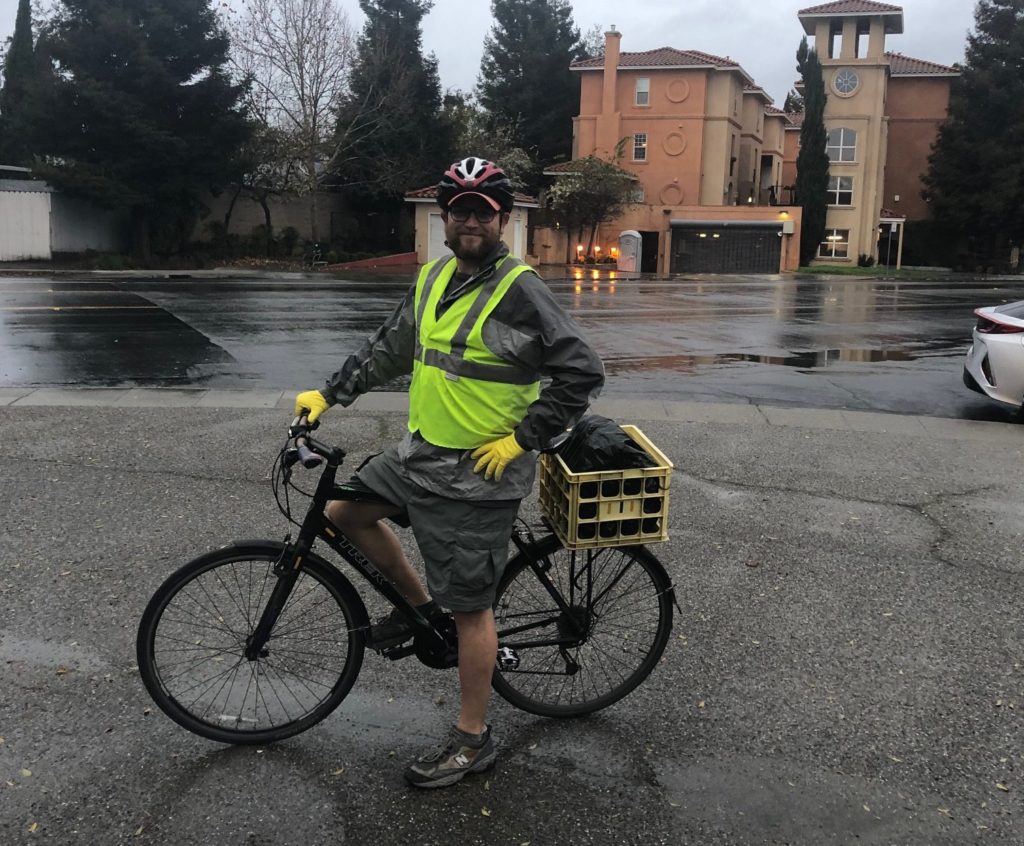
We went multiple winters without turning on our heat. This is also made possible by the more mild weather of the Bay Area, but it still gets down into the upper 30s or lower 40s at night during the winter. But instead of cranking up the furnace, we bust out the blankets. If we need heat, we roast some vegetables in the oven. It makes us tough! Additional savings of $40/mo for 4 months.
We shop multiple grocery stores, usually by bike. We take full advantage of their weekly loss leaders. We shop at 5 or 6 stores, sometimes even in the same week, to get the best deals. It’s not uncommon to spend half the day riding bikes from store to home to store to home to grab the cheapest items. If there’s a particularly good deal, especially on meat, we use our freezer and stock up. But I like grocery shopping and think it’s fun, so this is barely a chore to me. Riding bikes there only makes it more fun. Additional savings of at least $200/mo.

We try to DIY everything, and mostly succeed. Anything that breaks or needs maintenance, I try to do myself before replacing it or paying a professional. Youtube is a godsend for this. Using those videos, I’ve learned how to maintain bikes. I’ve learned how to fix our car (when it’s within my skill level). There are even videos on how to cut hair. That’s right, we cut each other’s hair. Katie is really brave! Additional savings of at least $100/mo.
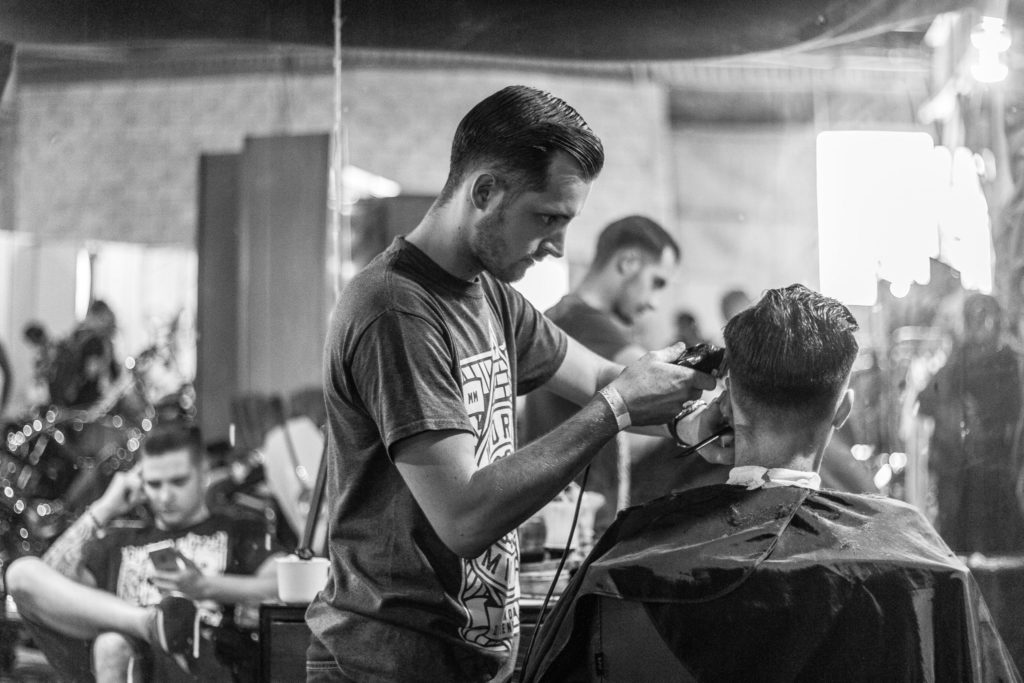
There’s even more to this savings picture, like the lack of cable or subscription services, using MVNOs for our phones, and the strategic use of credit cards. Basically if it’s possible to do something for less money, we take advantage of it. This isn’t meant to imply that we don’t spend money at all (we did spend $45k in 2018), but we’ve made the conscious choice to spend where it makes us the happiest (like travel or good beer) and reduce spending in all other areas. The result of all of these intentional choices is that we spend less per year in total than most of our neighbors spend on housing alone. And we didn’t even have to classify our car as farm equipment to do it.
having home haircuts has been a family thing for generations!
I’m happy to be able to carry on the tradition. 🙂
Nice to find your blog – looking forward to reading more
Thanks nereo. Glad to have you along for the ride.
Followed your link from Sol’s retirement violation post. Glad to find your blog. I’m going to give it a look-see.
Bateaux
Hi Bateaux – thanks for reading. Hope you like it.